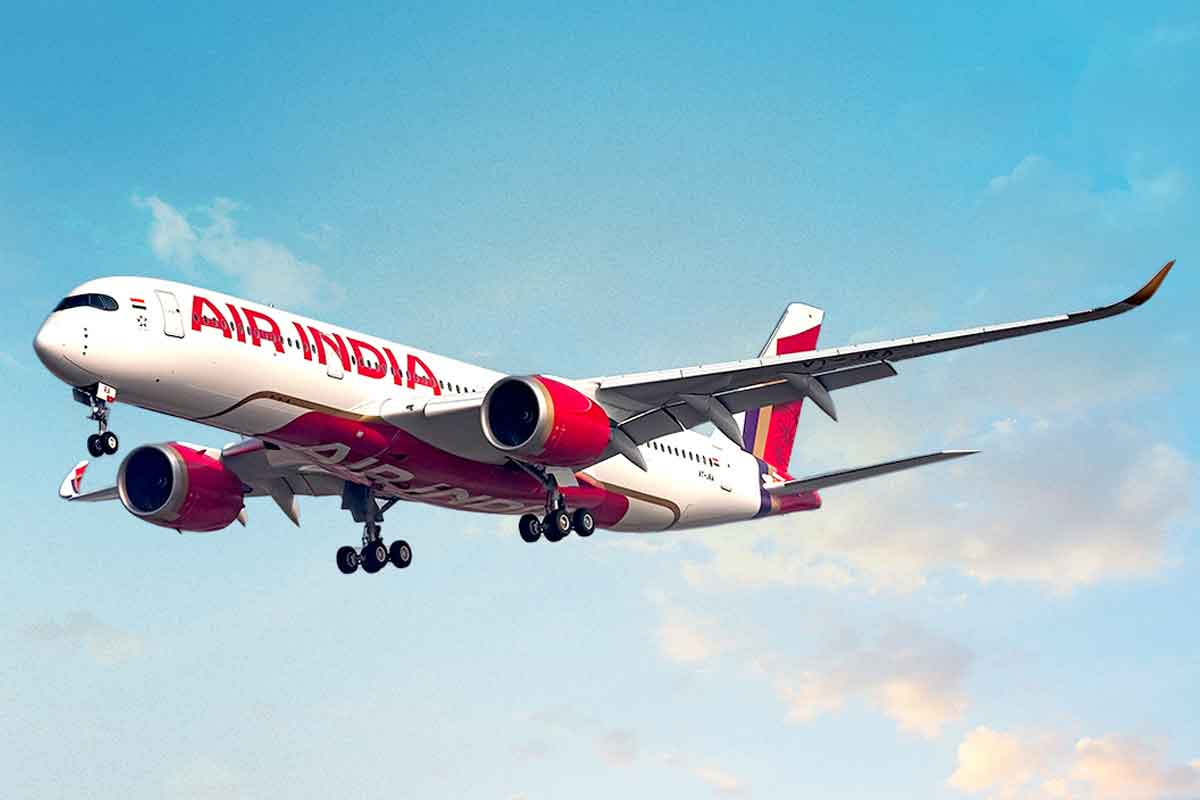The Impact of Trump's Tariffs on The Global Aviation Industry
The United States' President Donald Trump's trademark tool- tariffs- are being employed in abnormal amounts, aiming to boost domestic industries but will have serious ripple-effects on one of the world's most interconnected industries: aviation.
The most obvious repercussion is at International Carriers flying into the States. While tariffs will not directly affect passenger operations, they may increase airport fees and heavily impact cargo operators. Following the 2018 tariffs, air cargo demand growth slowed from 9% in 2017 to 3.5% in 2018, and then declined by 3.9% in 2019. Moreover, retaliation from other countries could affect the operations of US carriers such as Delta, United and American.
Reportedly, RyanAir will face ~500 million USD in import fees due to tariffs on the B737-Max. International air fare is projected to increase by 2-4%.
An airliner such as the A350 or B787 has parts sourced from more than 7 different countries, including some where not only regular baseline tariffs but also reciprocal tariffs have been imposed, such as China and Canada.
US- based carriers could suffer a 10-20% price increase while purchasing Boeing aircraft. Chinese airlines as well as airlines which have faced impractical tariffs by the United States could face more than a 30% price increase for Boeing aircraft and will therefore opt for Airbus, increasing Airbus' sales but negatively impacting Boeing.
In conclusion, these tariffs will end up increasing prices which in turn will affect the customer or flyer with higher airfares. Global air-cargo will be disrupted, and Boeing will lose out on competitiveness outside the US while most international carriers will opt for Airbus.






Comments
Post a Comment